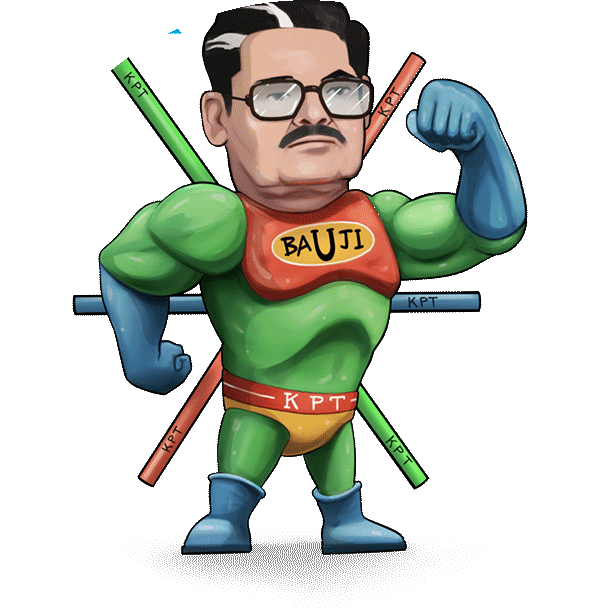Underground pipe leakage is a persistent issue that can cause significant damage to infrastructure, disrupt water supply, and lead to unnecessary wastage of water. Identifying the root causes of such leaks is crucial for effective prevention and maintenance. In this blog post, we will delve into seven fundamental triggers for underground pipe leakage, shedding light on the factors that contribute to this widespread problem.
1. Corrosion:
Corrosion is one of the primary culprits behind underground pipe leakage. Pipes made of metals like iron or steel are susceptible to corrosion over time due to exposure to moisture, soil chemicals, and other environmental factors. As corrosion weakens the structural integrity of the pipes, it creates openings and cracks, leading to leaks.
2. Ground Movements:
Natural phenomena such as ground movements can put immense stress on underground pipes. Earthquakes, soil settling, and frost heave can cause the soil to shift and settle, exerting pressure on the pipes. These movements can lead to pipe misalignment, cracks, and joint failures, ultimately resulting in water leakage.
3. High Water Pressure:
While water pressure is essential for efficient water distribution, excessively high water pressure can be detrimental to underground pipes. Constant high pressure can cause pipes to weaken and develop weak spots, making them more prone to leaks. Regular pressure monitoring and pressure-reducing valves can help mitigate this risk.
4. Tree Root Intrusion:
Trees seeking moisture and nutrients can extend their roots towards underground pipes. Over time, these roots may penetrate pipe joints and cracks, causing blockages and damaging the pipe walls. The pressure exerted by expanding roots can lead to pipe deformation and leakage. Regular inspection and strategic planting of trees can help prevent such intrusions.
5. Poor Installation and Material Quality:
Improper installation practices and the use of substandard materials can significantly impact the longevity of underground pipes. Pipes that are not installed correctly may have weak joints or incorrect slope, leading to leaks. Furthermore, low-quality materials may deteriorate quickly, exacerbating the likelihood of pipe failure.
Proper installation practices and high-quality materials are paramount for ensuring the longevity and reliability of underground pipes. When pipes are not installed correctly, weak joints and improper slopes may develop, increasing the risk of leaks and subsequent damage. KPT Pipes follows proper installation practices and uses the highest quality of raw material.
6. Abrasion and Erosion:
In certain cases, abrasive materials in the soil can erode the surface of underground pipes. Erosion weakens the pipe walls, making them susceptible to leaks. Additionally, the flow of water carrying abrasive particles can gradually wear away the inner lining of pipes, causing further damage.
7. Water Chemistry:
The chemical composition of the water flowing through the pipes can influence their durability. Water with high acidity or alkalinity can corrode metal pipes, while water with high mineral content can lead to the buildup of deposits, reducing the pipe’s capacity and increasing the risk of leakage.
Conclusion:
Underground pipe leakage is a multifaceted problem with various underlying triggers. Understanding these fundamental causes is crucial for developing effective prevention and maintenance strategies. Regular inspections, using high-quality materials, implementing proper installation practices, and monitoring water pressure are essential steps to minimize the risk of leaks. Additionally, employing advanced technologies for leak detection can help identify issues early on and prevent more extensive damage. By addressing these fundamental triggers, we can work towards a more sustainable and efficient water supply system while minimizing the impact of underground pipe leakage on our communities and the environment.

